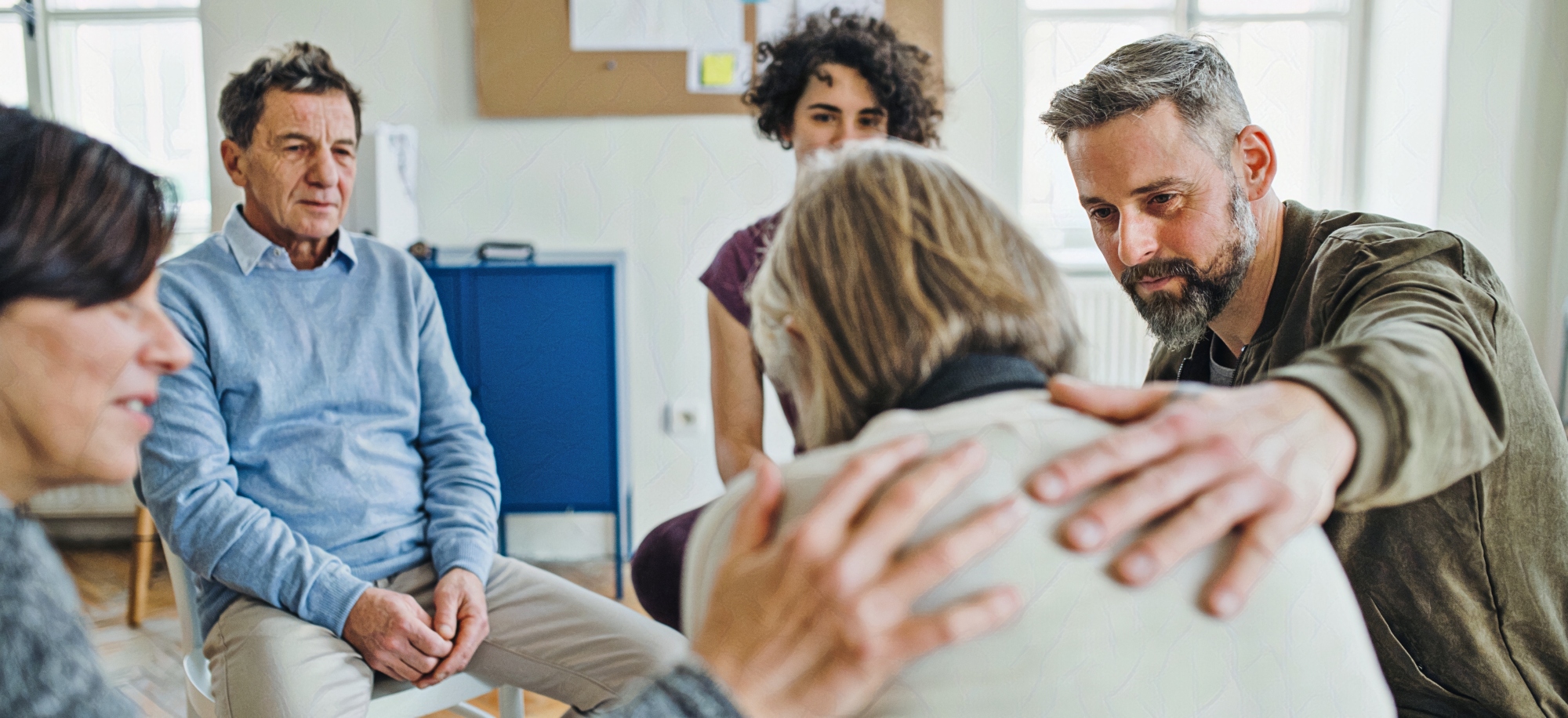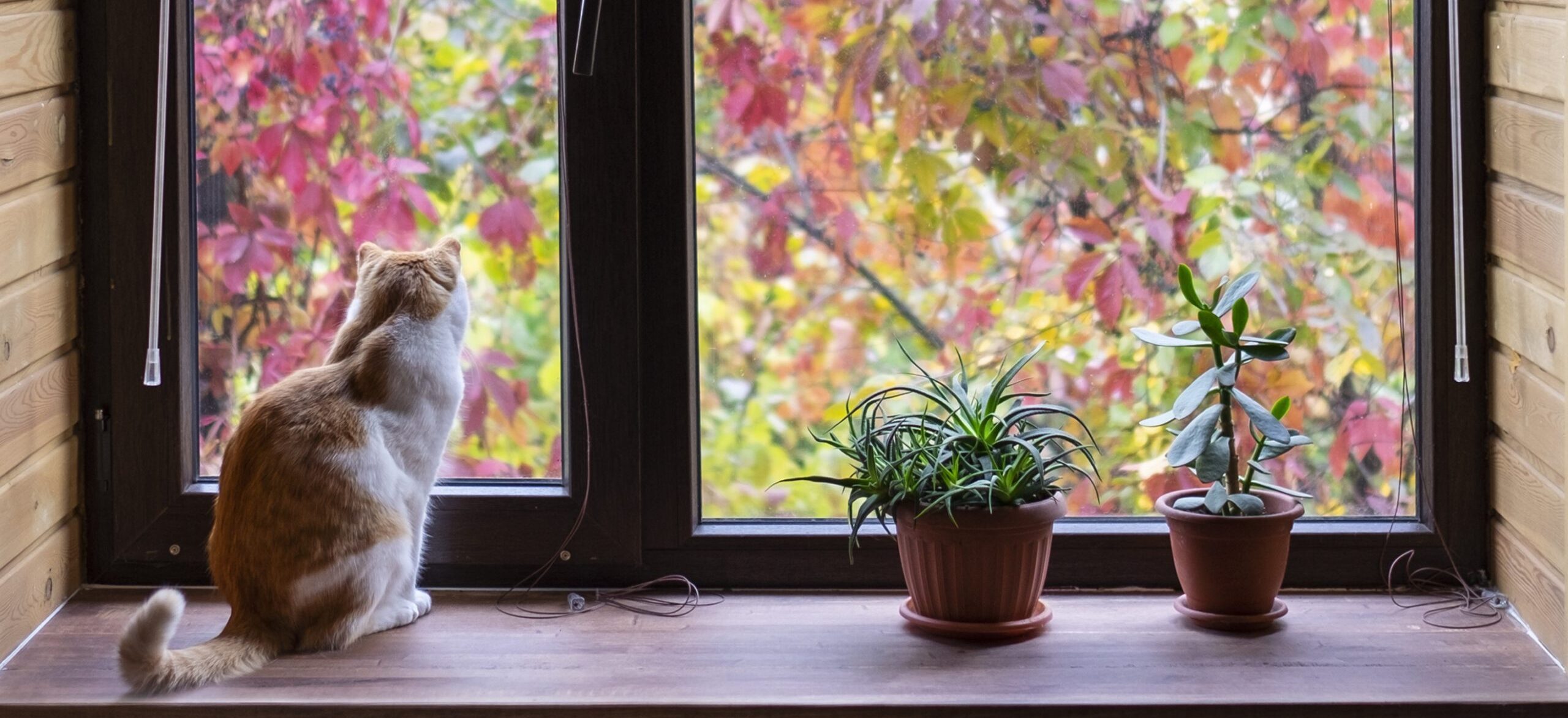I have been thinking a lot about Alcoholics Anonymous. Well, that is to say, I have been watching reruns of the show “Mom” (which is a great show, by the way) and that got me thinking that AA and grief support have a lot in common.
Alcoholics may come to rehab thinking, “If I just kick this habit, I’ll be o.k.” However, the ones who have lasting recovery come to realize that they will never be cured. Instead, they will always be in recovery.
The same can be said for suicide loss survivors. We heal, and our lives grow around our grief, but I believe we will always be in recovery.
Most grief groups are geared toward the newly bereaved, and in the beginning, grief is physically and emotionally overwhelming. It takes intense courage, commitment, and support to get through the initial phase of grief, just like in rehab or detox.
As a moderator on the Alliance of Hope forum, I relate to the newly bereaved because I have been there. I remember. I offer hope that healing can and will happen. I am living proof. In AA, I would be a sponsor.
But even sponsors need support. They are still in recovery but need a different kind of support than the person in detox or the one who is receiving their 30-day chip.
Watching “Mom,” I noticed that people in the meetings talk about fighting the urge to drink for different reasons. The most common challenges mentioned involve the trials and tribulations of life – the troublesome times. And the characters on the show know they need support to make it through these times without drinking. They have a saying when life’s troubles strike: “I need a meeting.”
Life’s trials and tribulations can thrust survivors into a grief wave. For me, the most common trigger is something breaking down around the house. The toilet is running – and suddenly, I am sobbing over my dead husband’s picture. I suppose an alcoholic might have the same dilemma. The toilet is running – and suddenly, they have the urge to drink.
I have been worrying that I am viewing life through the lens of my husband’s suicide. I’ve been beating myself up over it. Telling myself that I am “stuck” in grief.
But I’m beginning to realize that I am not stuck. I’m in recovery, and I will always be in recovery.
When the toilet is running, the A/C needs repair, or one of my children is experiencing a milestone, I need a meeting. That’s when I come to the Alliance of Hope forum.
The only problem is that I am afraid to go on the forum and share authentically because I don’t want to frighten new survivors. I don’t want to comment on one thread about how there is hope for going beyond surviving and then turn around and post another thread about how I am feeling sad over anything – from the stupid running toilet to the fact that I am terrified of growing old alone.
It is hard to admit that after eight years, I still grieve.
So, I come to the forum and support others but don’t really share. I am like the recovering alcoholic sponsor who is at the meeting to be there for others but doesn’t admit when I need support.
I saw a rerun episode of “Mom” recently where the character Marjorie, who is a long-term recovering alcoholic and sponsor of many, was struggling. Her own sponsor, sober for 40 years, had relapsed and started drinking. Marjorie’s husband had a stroke. She was overwhelmed with caring for him. She felt old and invisible, had a meltdown at a grocery store, and argued with a good friend.
Marjorie stood up at a meeting and shared her frustration and heartache. She admitted that if she were new to AA, the things that were happening to her would have been a reason to call her sponsor, but she didn’t have one. She said, “Even an old-timer like me needs to remember that you can’t do this alone.”
All the other people at the meeting, most of whom had far fewer years of sobriety than Marjorie, were moved by her share. They weren’t frightened or upset to hear that a long-term recovering alcoholic was still struggling.
That is where AA has done an excellent job of getting an important message out there. Even people who are not alcoholics know that alcoholism is a life-long disease and an alcoholic will never be cured but always will be in recovery.
Grief recovery has not yet evolved to that level of public awareness. We are still surprised that people grieve after years of survival. When I was new to the forum, in that detox stage, I would have panicked over a post from an 8-year survivor still suffering from grief.
No, grief is not a disease like alcoholism. Grief is UNIVERSAL. Not everyone on the planet will suffer from the disease of chemical dependency or alcoholism. But everyone will grieve because no one lives forever. Every person will likely lose someone important to them at some point.
So, we must realize that grief is a life-long recovery process. And that we are not afraid to ask for help, no matter how long we have been surviving or how many people we have encouraged.
I need to realize that it’s OK to share. No matter how long I have survived or how many people I have “sponsored,” even an old-timer like me must remember that I can’t do this alone.
Triggers, from the profound to the mundane, will come along, and a grief wave will wash over me. I will need to call my sponsor. I will need a meeting. I must raise my hand and say, “I am Shelby, and I am a survivor of suicide loss.”




